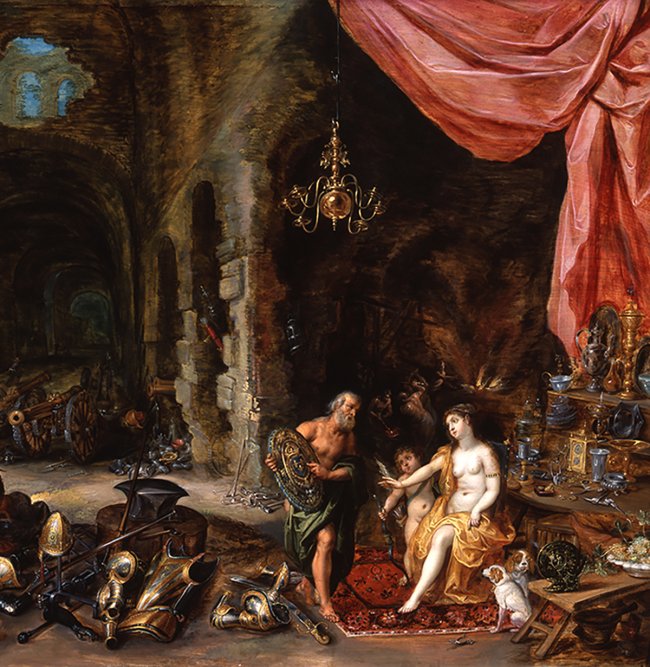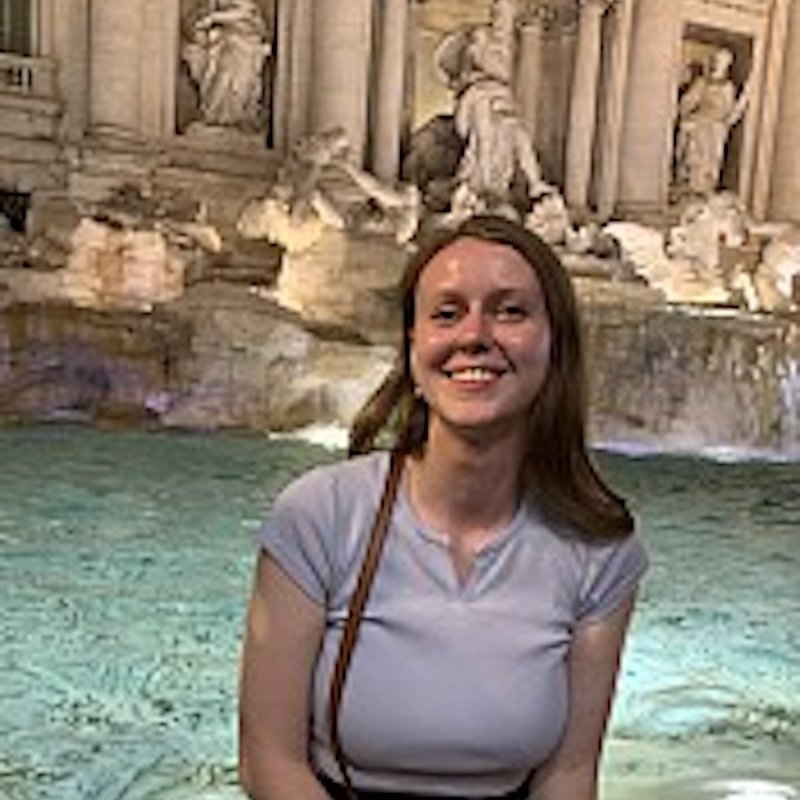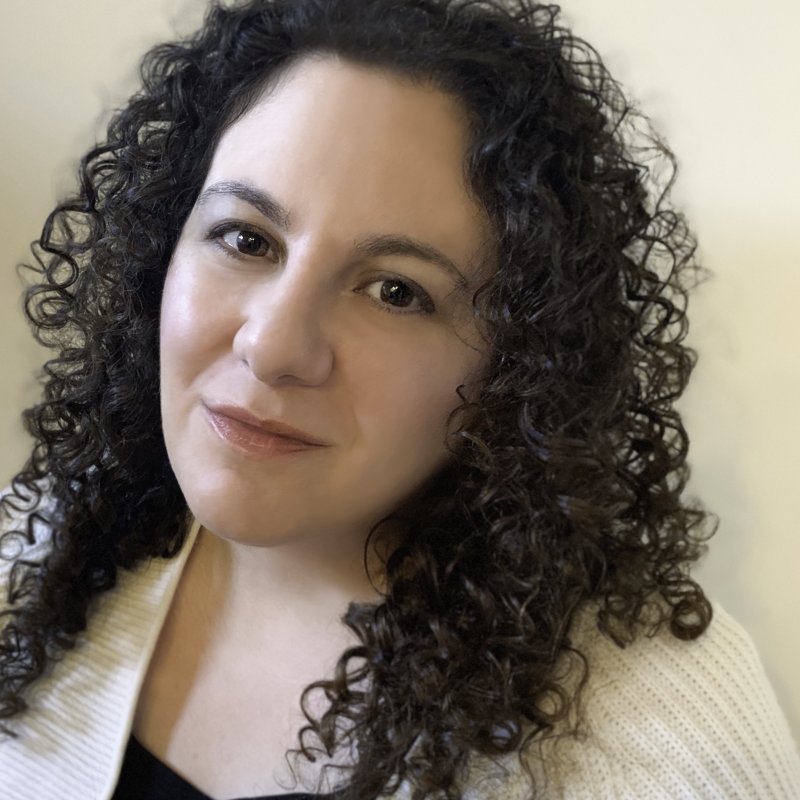Nora Lambert Curates Exhibition at the Smart Museum of Art
April 28, 2021

The Feitler Center for Academic Inquiry at the University of Chicago’s Smart Museum of Art is currently exhibiting Lust, Love, and Loss in Renaissance Europe, curated by Nora S. Lambert, Andrew W. Mellon Curatorial Fellow and PhD candidate in the Department of Art History. With over 40 paintings, prints, sculptures, and luxury domestic wares on display, the exhibition centers on works of art that express passion, violence, and virtue as fundamentally intertwined elements that defined the complex gender and sexual relations of Renaissance social life. These artworks played essential roles in intimate, familial experiences while also shaping and responding to the massive intellectual, political, and religious shifts occurring throughout early modern Europe. They highlight the ways in which Renaissance objects lay at the heart of both personal relationships and public rituals, offering insights into the social, sexual, cultural, and visual experiences of their multiple audiences.
Through objects that were created for private homes as enjoyment or edification, Lust, Love, and Loss provides a glimpse into the lives of Renaissance artists and their audiences. Inspired by literary sources including Ovid’s Metamorphoses, Boccaccio’s Decameron, and Biblical scenes, painters, printmakers, and craftsmen reconfigured these stories for everyday settings. Many of the works of art on view in the exhibit were pivotal to familial rites such as betrothals, marriages, and births, while other artworks gave guidance in navigating unending social, religious, and political upheaval.
The exhibition is on view until June 13, 2021. Reserve a time to view the exhibition, or view a narrated video tour of the exhibition, produced by the Smart Museum of Art. The Smart Museum is also offering free virtual programs to complement the exhibition, including a series of webinars featuring Renaissance scholars discussing issues of gender, sexuality, domesticity, and intellectual history. Past virtual programs for the exhibition are also available on the Smart Museum’s website.








